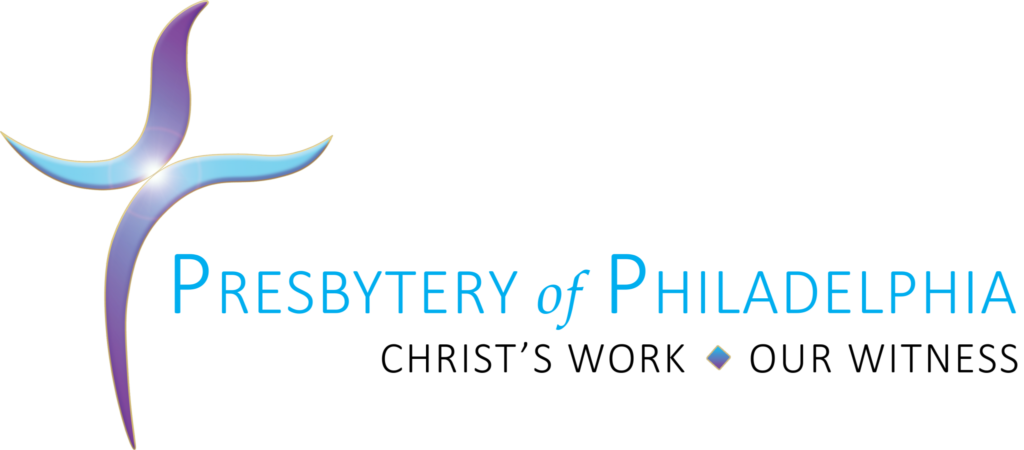Encountering God – Renewing Our Souls for the Challenge
There the angel of the Lord appeared to him (Moses) in a flame of fire out of a bush; he looked, and the bush was blazing, yet it was not consumed. Then Moses said, ‘I must turn aside and look at this great sight, and see why the bush is not burned up.’ When the Lord saw that he had turned aside to see, God called to him out of the bush, ‘Moses, Moses!’ And he said, ‘Here I am.’ Exodus 3:2-4
By Rev. Ruth Faith Santana-Grace
You’ve heard this before, but it really is true. The older we get, the more the concept of time seems to evaporate, reminding us of the value of the time we have been given; reminding us of the importance of values such as purpose, courage, conviction, integrity; of hope and faith. The founder of the Raymond Alf Museum of Paleontology in the Webb Schools of California in Claremont is remembered for his challenge to students:
What will you do with your moment in time?
One thing I have learned about time is we can easily waste it, cheating ourselves of deepening our relationships or developing intentional priorities for our lives. We can easily let life happen, becoming victims of the circumstances around us. As a people of faith, we are not immune from this kind of perpetual motion. Even the way we approach church and our faith journey can become rote. We can easily go from this to that, from here to there without really allowing for an encounter with God; an encounter that calls us by name and renews our conviction and courage for the road before us.
Now most of us will not encounter God in a burning bush while tending our flocks. For some, the encounter comes through music. For others, it comes through deep prayer lives or communing with nature. It is no secret how I respond to the ocean. Over the past few years, I have found my encounters with God in a guesthouse in a monastery on the Charles River in Cambridge, MA. What began as a convenient place for a mom visiting her son at Harvard has turned into a spiritual pilgrimage twice a year. Little did I know how I would yearn for the quiet space within the monastery walls. And each year my encounter with God has deepened. The Chapel and worship in this sacred space are in some ways of another world and time – frankly, a little like the Da Vinci Code. But I believe that this is in part what makes this such a sacred space for me – the last person I would have ever thought would find solace in silence. Like the burning bush, I approached this place as I was – intrigued by what I might find – with no real purpose but the convenience of being close to my son. And yet through the space and the brothers of the Society of St. John the Evangelist, I have heard my name called out compelling me again to say “here I am.” Without this space, I would fall prey to the life of perpetual motion, easily tempted to react instead of respond to the hard realities around us as a people of faith.
That hard reality has been embodied in the rhetoric and hateful language of our presidential election, convicting us of the truth that we are a divided nation. Regardless of your political affinity, there is no denying that many of our brothers and sisters feel a sense of hopelessness, of not being able to make ends meet, of feeling forgotten or feeling singled out because of poverty, race, gender, immigration status or some other injustice. There is a fear and anger that has recently framed the narrative of our nation. There is a cultural divide that is deep and real.
And it is amidst this reality that we are called to respond and lead – not sit back in our pews on Sunday morning. As a people of resurrection hope, we must stand up against any and all things that would strip another from dignity. The “Jesus way’” demands we stand with the oppressed, the forgotten, the imprisoned. The “Jesus way” demands our congregations and ministries resist accepting the new normal in the language of disrespect, of hate, of bigotry. This is our job; this is our ministry. It was Jesus who said, the mark of our identity is seen in our ability to love one another. (John 13:35)
But this work of love, reconciliation and healing, is hard work; it requires seeking justice while not letting our anger create new hate. It is a work that cannot be done simply on the fumes of exhaustion or on the merits of our gifts. It is a work that requires our making space to encounter God – so in the end, we might be able to rise from our knees to resist the evil we encounter around us.
This is our God-given moment in time – what will we do with it? How will we respond to God’s call to us in the unexpected? May our individual encounters with God strengthen and encourage us to stand together – bound by our faith in Jesus – to be agents of transformation in a hurting world. May we find ourselves before the warmth and awe of God’s presence – lingering in that place from which we can turn and respond “Here I am, send me.”





